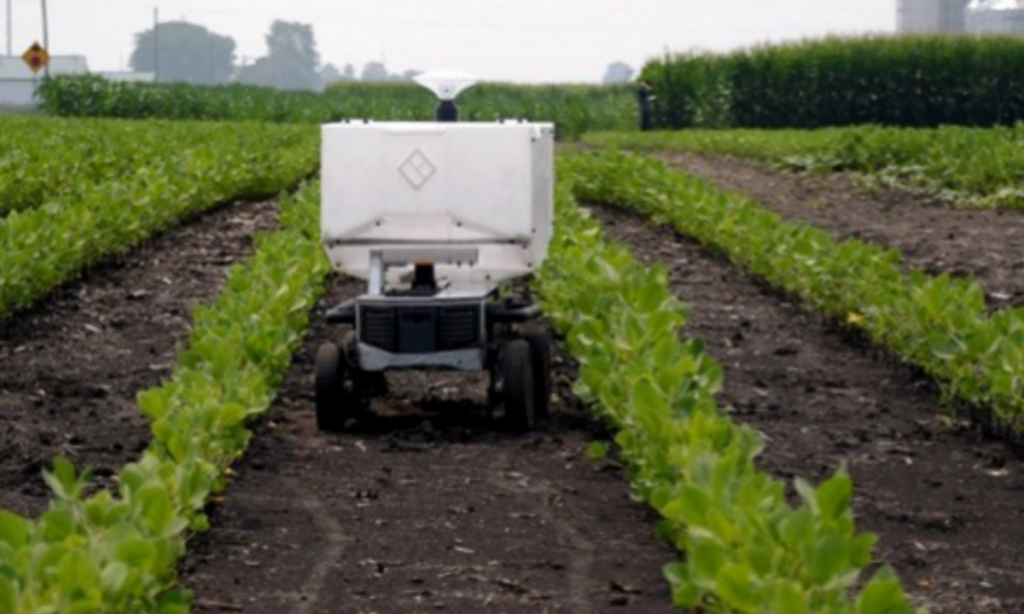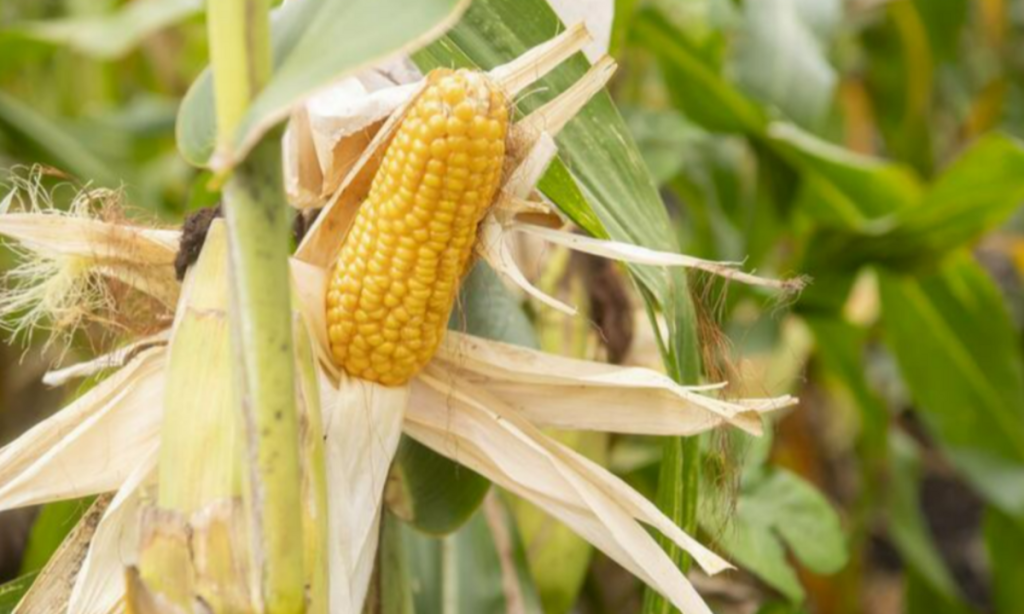The University of Illinois Urbana-Champaign, in collaboration with partner institutions, has been awarded a $5 million grant by the U.S. Department of Energy’s Advanced Research Projects Agency-Energy (ARPA-E). The funding is designated for the development of a new corn variety named NSave, which aims to reduce the need for synthetic nitrogen fertilizers and decrease greenhouse gas emissions, all while maintaining high crop yields.
Project Overview
The initiative is part of ARPA-E’s Technologies to Emend and Obviate SYnthetic Nitrogen’s Toll on Emissions (TERRA-SYNC) program. This program focuses on creating technologies that minimize the use of synthetic nitrogen fertilizers in the cultivation of key crops like corn and sorghum, which are essential for U.S. ethanol production. Preliminary research for this project received support from the Illinois Nutrient Research and Education Council.
Research Team
Leading the project is Professor Angela Kent from the Department of Natural Resources and Environmental Sciences at the University of Illinois. The research team includes co-principal investigators from the College of Agricultural, Consumer and Environmental Sciences:
Shadi Atallah (Department of Agricultural and Consumer Economics)
Fred Below, Martin Bohn, Steve Moose, and Connor Sible (Department of Crop Sciences)
Collaborators from North Carolina State University, the University of Arizona, and Oak Ridge National Laboratory are also contributing to the project.

NSave Corn: A Sustainable Solution
The NSave corn variety aims to integrate traits from teosinte, a wild relative of modern corn. These traits are expected to enhance nitrogen conservation and reduce greenhouse gas emissions. Additionally, the NSave corn is designed to improve nutrient use efficiency, potentially lowering costs for farmers and reducing the nation’s dependence on imported fertilizers.
Professor Kent highlighted the benefits of NSave, stating, “Implementing NSave traits in commercial maize will require no new infrastructure and will lower fertilizer costs and nitrate runoff, reducing risks for growers, improving the environmental impact of agriculture, and facilitating adoption in new markets, such as sustainable aviation fuels.”

Commitment to Sustainable Agriculture
Rodney Johnson, Associate Dean for Research at the College of Agricultural, Consumer and Environmental Sciences, expressed enthusiasm for the project’s potential impact. He remarked, “We’re excited to move forward with the first ARPA-E grant led by the college and commend Dr. Kent for her leadership in this effort. This project is just one of the many examples of ACES’ commitment to sustainable agriculture.”
Broader Implications
The development of the NSave corn variety aligns with global efforts to promote sustainable farming practices. By reducing reliance on synthetic fertilizers, the project aims to mitigate environmental issues such as waterway pollution and greenhouse gas emissions. Furthermore, enhancing nutrient use efficiency in crops can lead to more resilient agricultural systems, benefiting both farmers and the environment.
Future Prospects
As the research progresses, the team will focus on integrating the beneficial traits from teosinte into commercial corn varieties. Field trials and assessments will be conducted to evaluate the performance of NSave corn under various agricultural conditions. The ultimate goal is to provide farmers with a viable, sustainable alternative that supports high yields while promoting environmental stewardship.
Conclusion
The University of Illinois Urbana-Champaign’s initiative to develop the NSave corn variety represents a significant step toward sustainable agriculture. By leveraging genetic traits from wild relatives of corn, the project seeks to reduce the environmental footprint of farming and support the agricultural community in adopting eco-friendly practices.
Disclaimer—Our team has checked this article to ensure its accuracy and eliminate any misinformation. We are committed to providing clear and reliable information for our readers.


